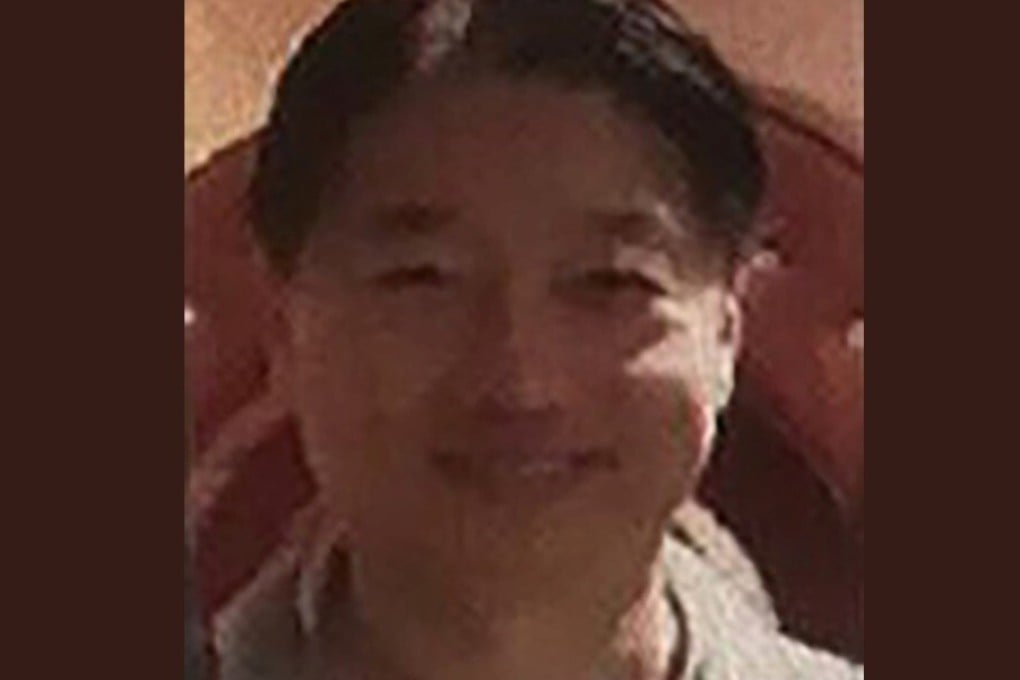Dutch police arrest Chinese-Canadian man described as Asia’s ‘El Chapo’
- Tse Chi Lop was detained in Amsterdam after Australia issued an Interpol request and warrant for his arrest
- Australian police allege he’s the head of ‘the Sam Gor syndicate’, which dominates the US$70 billion-a-year Asia-Pacific drug trade

The alleged ringleader of Asia’s biggest crime syndicate and one of the world’s most wanted men has been arrested in the Netherlands, with Australian authorities pushing for his extradition to face trial.
Tse Chi Lop, a Chinese-born Canadian national, was detained on Friday at the request of Australian police, who led an investigation that found his organisation dominates the US$70 billion-a-year Asia-Pacific drug trade, Dutch police spokesman Thomas Aling said.
Tse, an ex-convict who formerly lived in Toronto, has moved between Macau, Hong Kong and Taiwan in recent years, according to counter-narcotics officers from four countries and documents previously reviewed by Reuters.
In a statement on Sunday, Australian authorities said a man “of significant interest” to law enforcement agencies had been detained. A police spokeswoman confirmed his name as Tse Chi Lop.
Tse has been compared to Mexican drug lord Joaquin “El Chapo” Guzman.